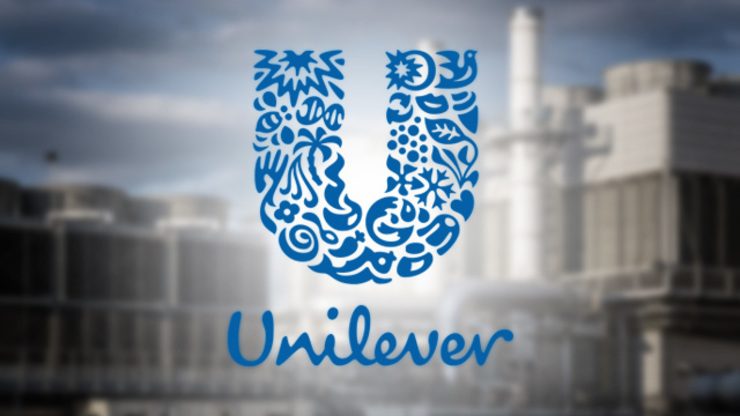SUMMARY
This is AI generated summarization, which may have errors. For context, always refer to the full article.

MANILA, Philippines – Unilever Plc is eyeing a $120-million (P5.37 billion) investiment in the Philippines as it continues to expand in the country.
According to documents obtained from the Department of Trade and Industry (DTI), Unilever Philippines said in a presentation that its investment is alloted for the company’s manufacturing expansion.
Out of the amount, $90 million would be spent for equipment upgrade.
With the expansion, Unilever, which makes fast-moving consumer goods (FMCG) from soap to food would boost its total capacity by 33% in the country or an equivalent of another 100,000 tons.
The investments, set to be completed in 2020, would increase Unilever’s asset base in the Philippines, entailing the purchase of additional 129 assets; upgrade of 33 current ones; and retirement of 7 existing assets as it shifts to end-of-line automation.
Currently, Unilever has 16 processing lines, 20 filling lines, and 4 end-of-line automation units.
End-of-line automation in packaging is one of the most efficient methods for delivery to FMCG companies’ distribution channels. Unilever intends to purchase 58 new end-of-line units and upgrade the existing ones.
The documents also showed that Unilever will introduce pioneering technology in all categories of operations for food, personal, and home care.
For its food line, Unilever acquired vertical twin-shaft mixers from German firm Amixon. For home care, it will install ultra, high-speed sachet lines.
The documents further showed that Unilever Philippines and its parent firm are exploring possibility where the country can supply edible oil requirements for both local and global business.
In the early 1990s, Unilever was known as Philippine Refining Company (PRC), then a major producer and exporter of coconut oil products. At its peak, PRC produced nearly 100,000 tons of coconut oil annually. It was also engaged in copra buying and milling, oil refining, and trading.
“The wealth of experience in this field will be useful should plans to explore the edible oil business anew is pursued,” Unilever said in the documents.
Unilever has succeeded in keeping majority of its manufacturing base in the Philippines. Its personal care unit made news by securing the right to manufacture deodorant mini-sticks for local and export markets.
Inclusive business
Unilever’s roster of brands include Axe, Best Foods, Block & White, Breeze, Clear, CloseUp, Cream Silk, Domex, Dove, Eskinol, Master, Pond’s, Knorr, Lady’s Choice, Lipton, Rexona, Selecta, Sunsilk, Surf, Tresemme, and Vaseline.
The company is also recognized annually as one of the Top 20 taxpayers in the country. It employs over 1,000 people directly and provides 10,000 jobs indirectly that include distributors and suppliers.
Unilever said with its 90-year history in the Philippines, it “subscribes to inclusive business to contribute to poverty reduction” by including in its value chain marginalized community sectors as producers, suppliers, customers or consumers.
One of Unilever’s initiatives is the sustainable sourcing of raw materials, particularly tamarind for its Knorr Sinigang Mix and purple yam for its Selecta ice cream.
Currently, Unilever sources tamarind from local farmers in Cagayan Valley and Batangas through its supplier Sunrich Manufacturing Corp., which deals directly with the farmers. There are about 500 farming beneficiaries taking part in the program, the documents showed. Plans are also underway to expand the farming sites of tamarind trees until 2016 to include Cararayan, Camarines Sur.
For purple yam, Unilever unit Selecta tapped commercial farmers with local cooperatives and social entrepreneurs for purple yam farm sites in Concepcion, Tarlac; Floridablanca, Pampaga; and in Laiya, Batangas. Estimated total harvest for the 3 sites is 100,000 kilograms in the first 3 months of 2014. – Rappler.com
*($1 = P44.88)
(“Industrial plant image” from Shutterstock)
Add a comment
How does this make you feel?
There are no comments yet. Add your comment to start the conversation.